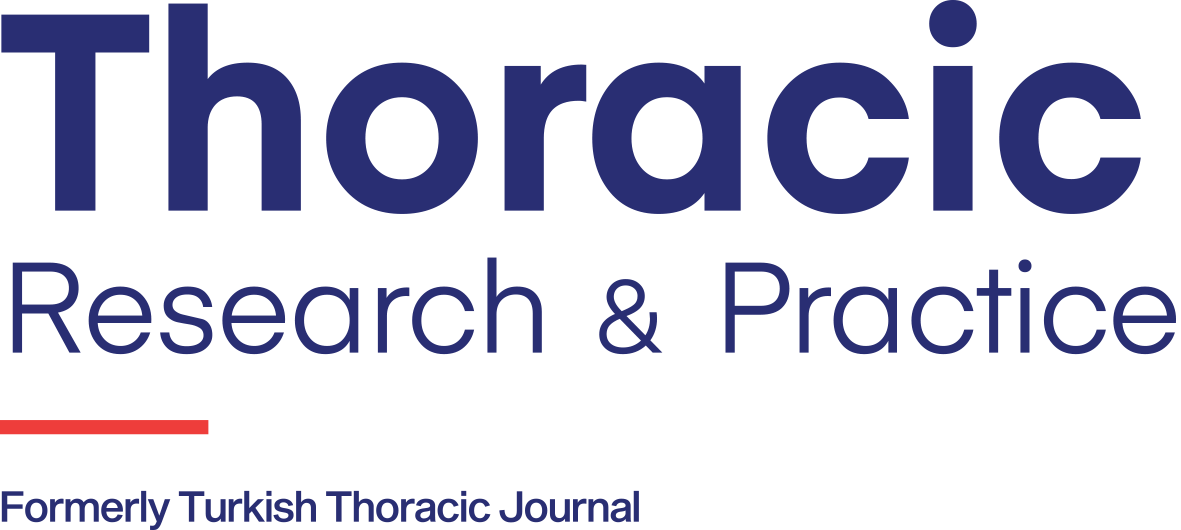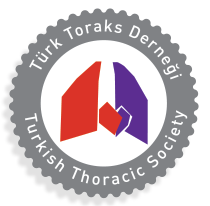Abstract
Abstract
Lung transplantation is a well-established therapeutic option for selected patients with end-stage lung disease that has failed to respond to standard medical and surgical therapy. Immunosuppression is paramount to the management of these patients, the goal of which is to maintain long-term graft survival and keep the balance between infection risk and rejection of the new organ. Immunosuppression for lung transplantation can be considered under three clinical contexts: induction therapy, maintenance therapy, and anti-rejection therapy. This review provides a comprehensive update of the current status of immune-suppressive treatments in lung transplantation. Careful selection of immunosuppressive agents, inpatient management of acute complications and rejection episodes, management of maintenance immunosuppression, and meticulous long-term follow-up with monitoring for adverse drug events and drug-drug interactions are all essential measures to ensure the best patient outcomes in lung transplantation.



